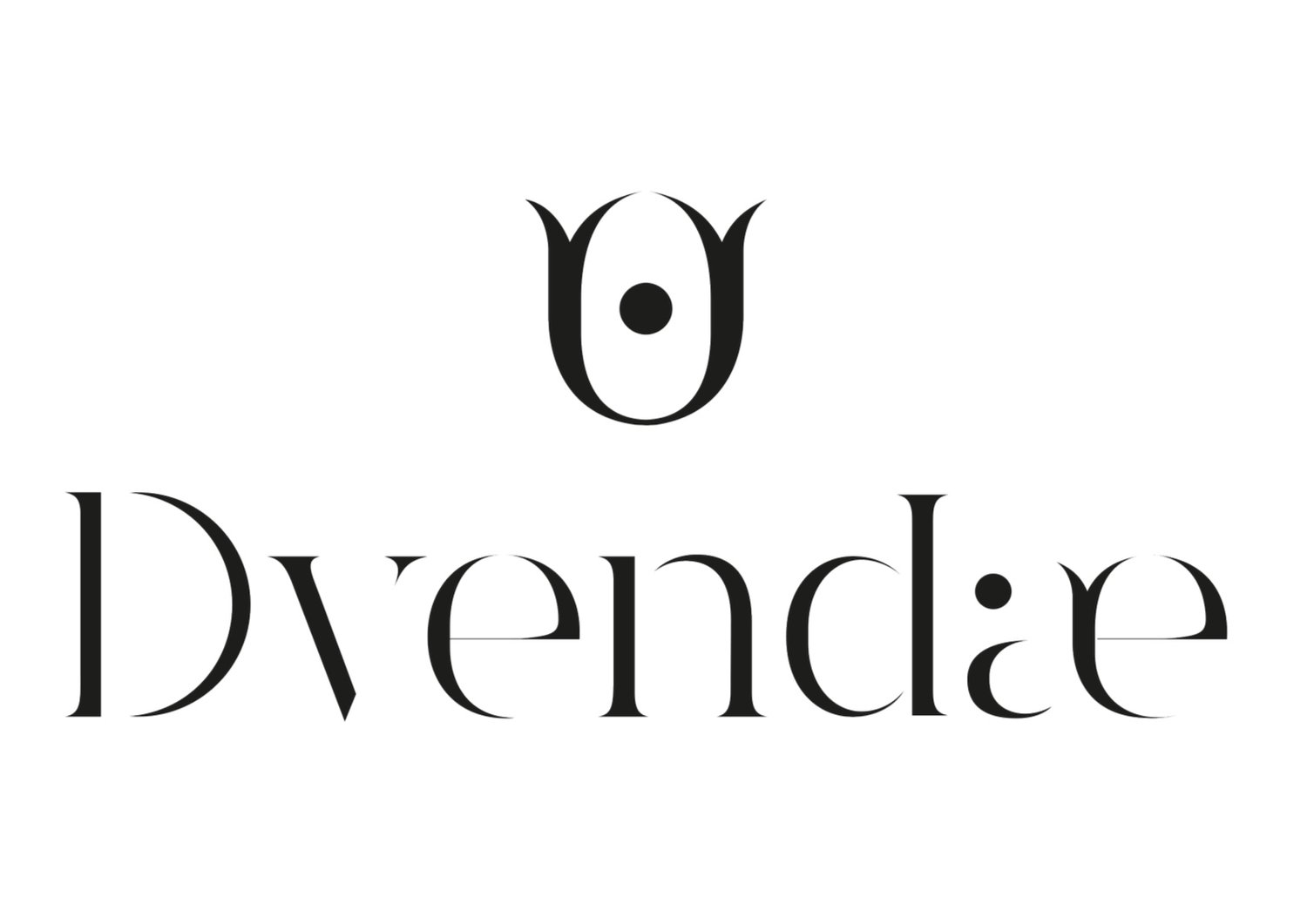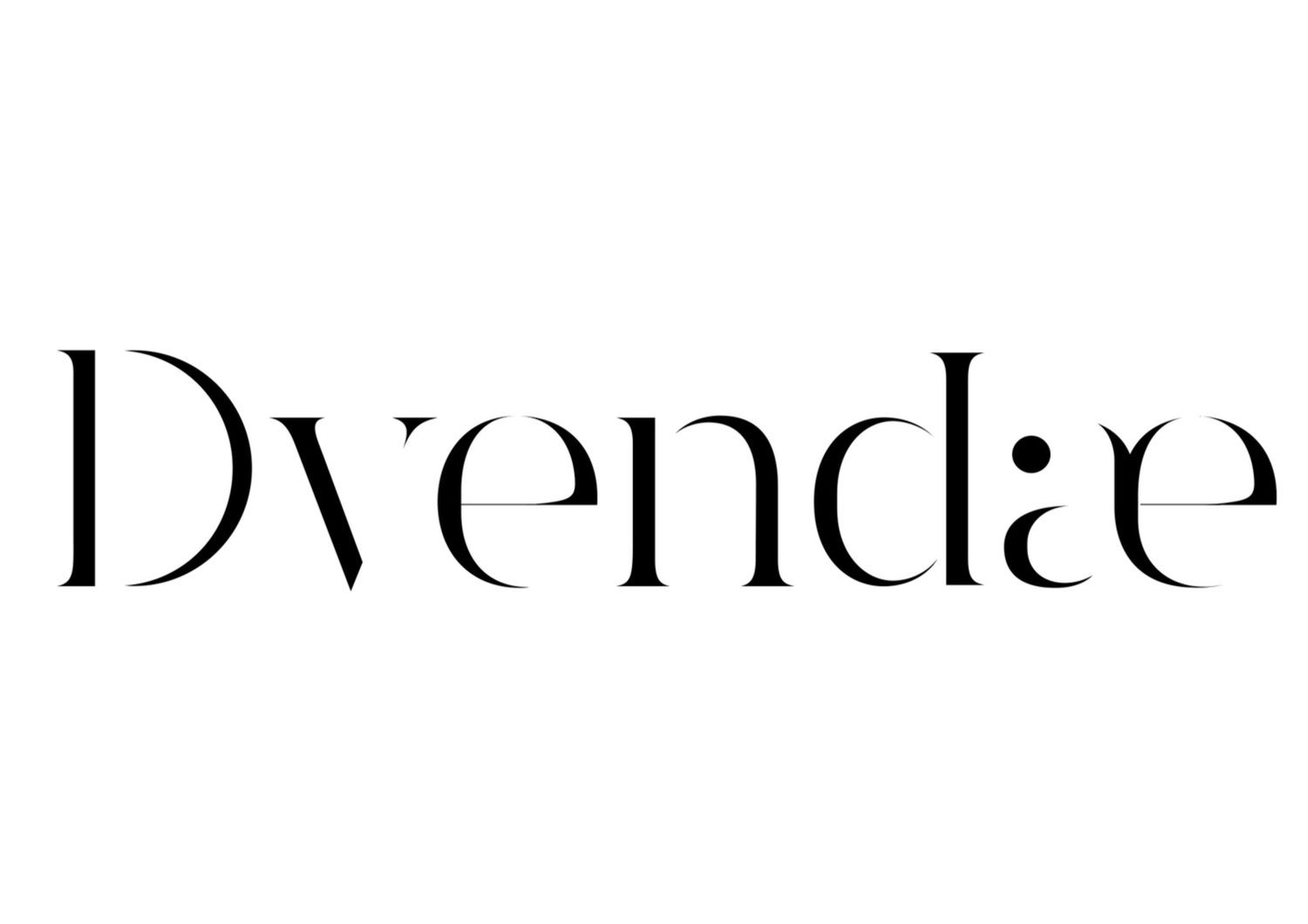LOVE DOES NOT END, IT TRANSFORMS. THE SACRED SIDE OF RELATIONSHIPS.
When it comes to relationships, often what we look for is something our mind makes us believe is missing within us, mainly happiness and wholeness. On a more subtle level, however, happiness is our choice, and wholeness is given to us free of charge at birth, as part of our divine human potential.
Contrary to the glorious dreams that we have been used to consider real, every relationship that we find on our path - whether sentimental, emotional or professional - is not a chance to get happiness for free, but rather the possibility of making the conscious choice to recognize, behind the difficulties that arise from the encounter with the Other, a key for our evolution. In the Other indeed we find a mirror of ourselves: what we perceive as diversity, developing an attachment that makes us feel complete where our ego suggests that we are not, is actually something complementary, which we can approach as eternal students. Here lies the valuable chance of a continuous discovery, by seeing the obstacles that separate us from forgiving ourselves. In a nutshell, through the others we can allow ourselves to grow together, recognizing the fundamental evolutionary impact that we can have on anyone we meet on our path, by being both teachers and pupils.
But how to react when this mechanism somehow breaks down? How can we cope with the pain, the anger, the sense of failure that the end of a relationship inevitably brings? The best way we can deal with a crisis, whatever its nature may be, is to act as alchemists, by engaging with that ancient, mysterious and incredibly fertile art that arises from the transformation of matter and the ability to sublimate it, helping it to rise from one state to another through our conscious actions. Regarding a relationship that has come to an end, transforming the matter means looking beyond the glimpses offered by fear, anger, resentment, and choosing the real vision. This is the only way to realize, through a radical change of perspective that dismantles our mental systems, that any endings is nothing but a pit-stop. An area where love stopped to rest, and from where, despite our expectations, it came out alive but simply transformed.
Most of our sufferings come from our inability to see, in the emotional turmoil triggered by breakups or rejections, that love does not die with separation, it only transforms. The encounter between two people in fact is a task that fate assigns us as an opportunity, sacred and never casual, to work on ourselves, learning to reveal, to accept ourselves and consequently to grow. When closeness is no longer useful for mutual formation, and it ends up preventing rather than facilitating listening to each other, we separate. In this sense, separation is not a failure, but instead it becomes an integral part of a perfect and superior plan for the promotion of our common growth. Through distance, we can learn what we would not have been able to learn by remaining in the relationship: discovering a new form of communion, connecting with ourselves and with each other on a different level, beyond the physical presence and the walls of those wounds that we have not been able to heal together. Our salvation, as well as a fundamental key to our evolution, lies in this awareness.
Meet the Author
Founder of Dvendae, Isabella Giomi has always been moved by a constant need to get in touch with beauty by different means of communication, from photography to copywriting, passing through visual planning. Working within the digital marketing industry, after experiencing a workplace burnout, she set on an ongoing journey that led her to dive deeply into her shadow self, developing a continuous and growing interest in the uncovering of inner human potential.
ITALIANO
Spesso quello che cerchiamo in una relazione è qualcosa che la nostra mente ci fa credere che manchi in noi stessi, principalmente felicità e completezza. Sul piano più sottile delle cose, invece, la felicità è una nostra scelta, e la completezza ci viene offerta in dote gratuitamente alla nascita, parte integrante del nostro divino potenziale umano.
Contrariamente ai sogni di gloria che siamo stati abituati a considerare reali, ogni relazione che troviamo sul nostro cammino - sentimentale, affettiva o lavorativa - non è un’occasione di felicità gratuita, ma la possibilità di compiere la scelta consapevole di riconoscere, nelle difficoltà che possono nascere dall’incontro con l’Altro, una chiave evolutiva. Nell’Altro, infatti, si trova uno specchio di noi stessi: quelle che percepiamo come diversità, e verso cui tendiamo a nutrire un attaccamento che ci fa sentire completi dove il nostro ego ci fa credere che non lo siamo, in realtà non sono altro che un qualcosa di complementare, verso cui possiamo scegliere di stabilire un approccio da eterni studenti. In quello che vediamo nell’Altro, risiede così la preziosa possibilità di riscoprirci continuamente e di scovare gli ostacoli che ci separano dal perdono di noi stessi. In breve, attraverso l’Altro possiamo concederci di crescere, insieme, riconoscendo il fondamentale impatto evolutivo che possiamo avere su chiunque incontriamo sul nostro cammino, essendone al contempo insegnanti e allievi.
Ma come reagire quando questo meccanismo in qualche modo si rompe? Come possiamo far fronte al dolore, alla rabbia, al senso di fallimento che la fine di una relazione porta inevitabilmente con sé?
Il modo migliore in cui possiamo affrontare una crisi, di qualunque natura essa sia, è agendo da alchimisti. Facendo nostra quell’arte antica, misteriosa e incredibilmente fertile che nasce dalla trasformazione della materia; dalla capacità di sublimarla, aiutandola, col nostro agire consapevole, a elevarsi da uno stato all’altro. Trasformare la materia, nel caso di una relazione giunta al termine, significa guardare oltre gli scorci offerti dalla paura, dalla rabbia, dal rancore, e scegliere di vedere davvero. Solo in questo modo, attraverso un cambio radicale di prospettiva che smantelli i nostri sistemi mentali, possiamo renderci conto che quel termine è solo un pit-stop. Un’area in cui l’amore si è soffermato per riposarsi, un’area da cui, contrariamente alle nostre aspettative, è uscito vivo, semplicemente trasformato.
Ciò che ci fa soffrire nasce dalla nostra incapacità di vedere, nel tumulto emotivo scatenato da una rottura o da un rifiuto, che l’amore non muore con la separazione, si trasforma soltanto. L’incontro tra due persone è infatti un compito che il destino ci assegna come un’opportunità, sacra e mai casuale, per lavorare su noi stessi, imparando a rivelarci, ad accettarci, e di conseguenza a crescere. Quando la vicinanza non è più utile alla formazione reciproca, quando impedisce anziché facilitare l’ascolto dell’altro, ci si separa. In questo senso, la separazione non è un fallimento, ma diventa anzi parte integrante di un piano perfetto e superiore per continuare a promuovere la crescita comune. Nella distanza, infatti, possiamo imparare ciò che non saremmo riusciti a imparare restando nella relazione, e scoprire una nuova forma di comunione, connettendoci con noi stessi e con l’Altro a un livello diverso, oltre la presenza fisica e i muri di quelle ferite che non siamo riusciti a guarire insieme.
È in questa presa di coscienza che sta la nostra salvezza, oltre che una chiave fondamentale per la nostra evoluzione.
Sull’Autore
Founder di Dvendae, Isabella Giomi è sempre stata mossa da un costante bisogno di entrare in contatto con la bellezza attraverso diversi mezzi di comunicazione, dalla fotografia al copywriting, passando per il visual planning. Lavorando nel settore del marketing digitale, dopo aver sperimentato un burnout lavorativo, ha intrapreso un viaggio continuo che l'ha portata a immergersi profondamente nelle sue ombre, sviluppando un interesse continuo e crescente per lo sviluppo del potenziale innato di ogni essere umano.

